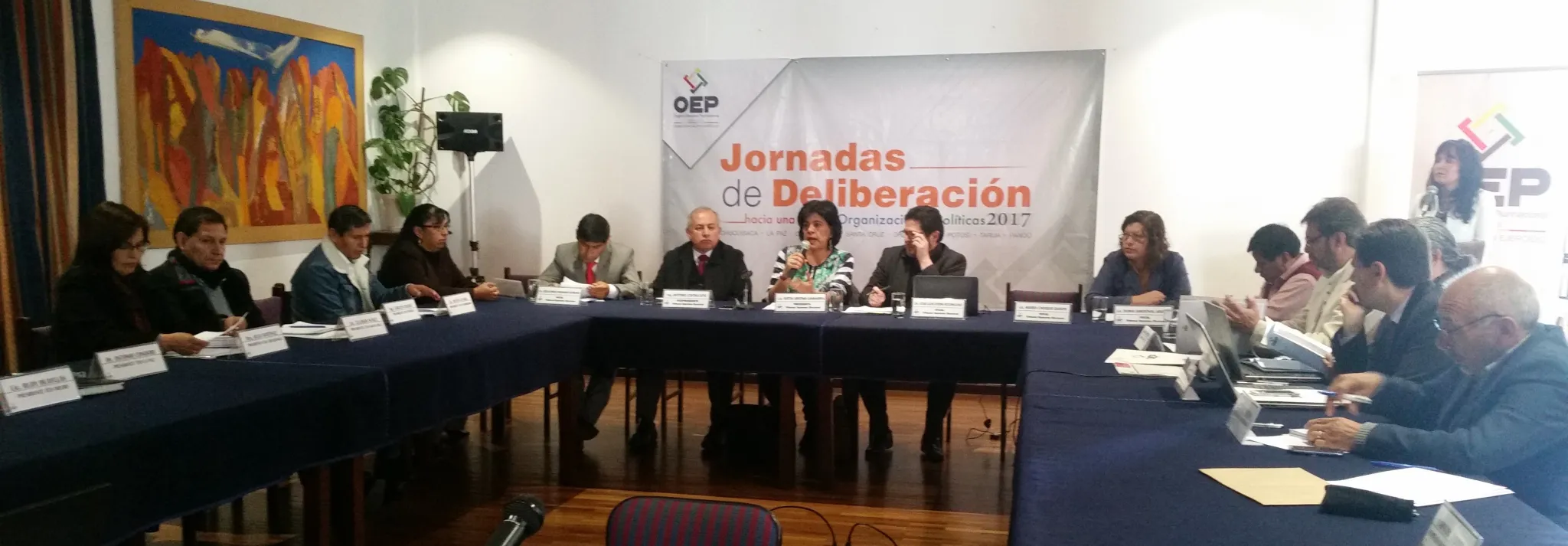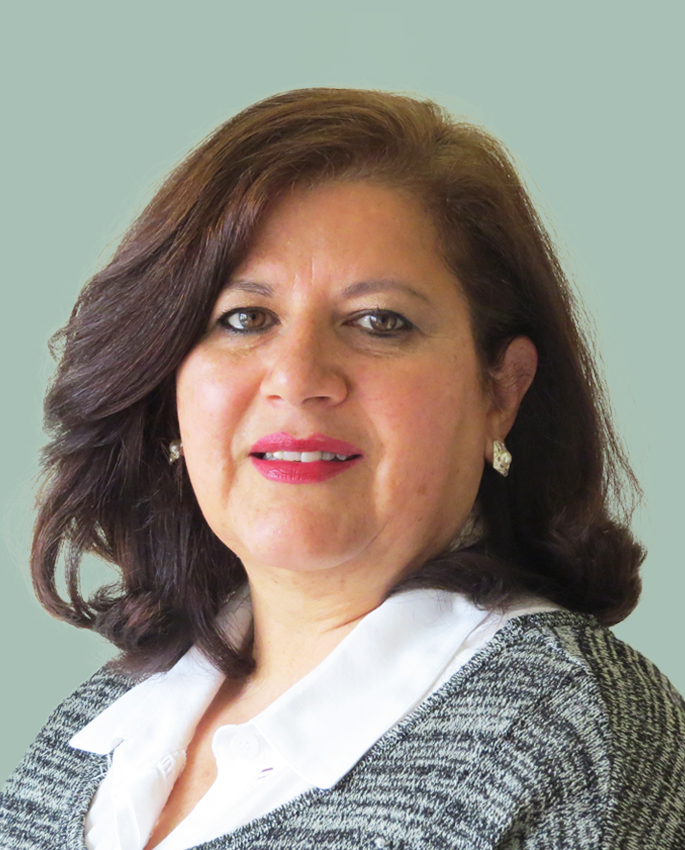International IDEA supports the participatory dialogue for the reform of the Law on Political Organizations in Bolivia

Read this article in Spanish
The Plurinational Electoral Body of Bolivia (OEP), with the support of International IDEA, the Spanish Agency for International Development (AECID) and the Swedish International Development Cooperation Agency (Sida), will hold workshops in all nine regions of the country, in order to advance a process of deep reconstitution of the political organizations’ system that will contribute to the strengthening of Bolivian democracy. During the workshops a concept document will be submitted to different sectors of the population to prepare a preliminary draft of the Political Organizations Act (LOP).
The president of the Electoral Supreme Tribunal (TSE), Katia Uriona, stated that the discussions in the regions of the country to be held between May and June of the current year, under the following four principal themes: Constitution of Political Organizations; Internal Democracy; Participation of Nations and Indigenous-Native-Peasants Peoples; Financing and Control of Political Parties.
The document will be shared and discussed in nine regional forums, two events with highland and lowland indigenous populations, and at a national meeting that will summarize the conclusions and contributions of the territorial and indigenous forums. The entire consultation process will take place from the last week of May to the end of June.
The process should have a wide and very diverse representation of political organizations as well as civil society, including women's organizations, youth organizations, civic committees, and the academia.
The need and urgency of this initiative undertaken by the OEP is that both the Political Parties’ Act (1999) and the Citizen Groups’ Act (2004) became outdated under the profound institutional transformations that Bolivia has been facing since the enactment of the new State Political Constitution (2009). Today, three forms of democracy that must work in a logic of articulation and complementarity are recognized. Similarly, the mandate of gender parity must be fulfilled in all contexts and at every level of public power structure. Finally, the nature of a Plurinational State with autonomies that involve a complex design of political representation must be incorporated into the system of political organizations.
The activity will have the full participation of all members of the TSE, the Regional Electoral Tribunals and a technical team, formed by outstanding professionals who have been selected by the TSE in agreement with International IDEA, based on a criteria of political, territorial, ethnic, cultural and gender plurality, which are indispensable to guarantee the necessary confidence of the political organizations and citizens in a task that will, by its very nature, be complex and difficult but absolutely necessary for the wellbeing of Bolivian democracy.
Representatives of national political parties with recognized legal personality, who were invited to the launch of the consultation process for the concept document, showed their interest in the initiative and pledged to participate actively, in the belief that it will be conducted as an open, transparent and truly participatory process.




